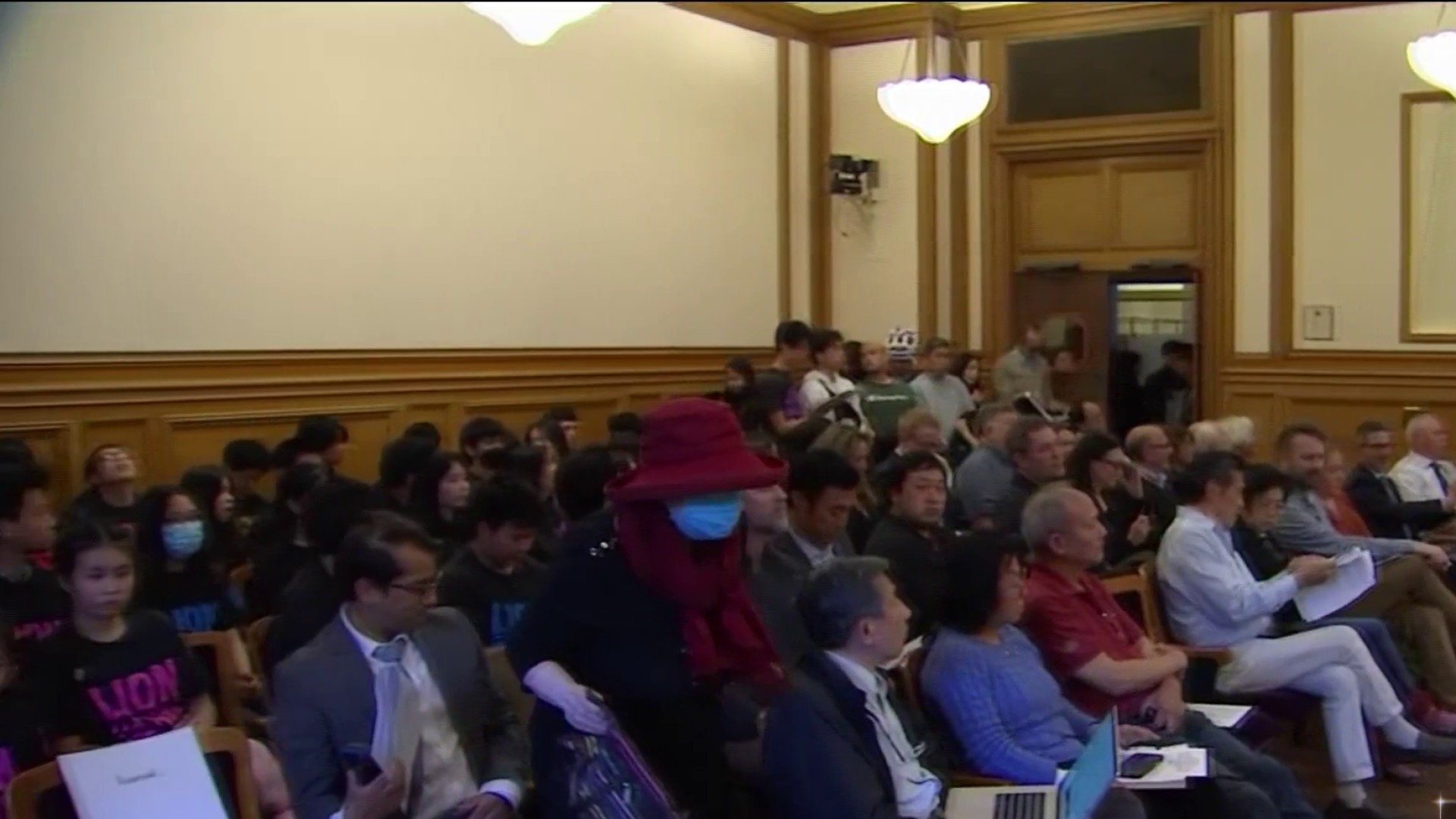The ex-wife in a nationally watched embryo case took the stand Thursday to tell a judge why her stored DNA should be given to her so that she can be a mother.
“She’s going to finally have the option to tell her side of the story,” attorney Peter Skinner told NBC Bay Area on Thursday outside San Francisco Superior Court of his client, Dr. Mimi Lee. “And then she’s going to explain to the judge why she signed the consent form. She certainly didn’t think he was going to be vacating the right to use the embryos in the future.”
Using these embryos, Skinner added, is Lee's “last chance to have this child.” The 46-year-old Lee declined to comment, as did her ex-husband, Stephen Findley, who walked into court on crutches without speaking to reporters.
Thursday marked Day 4 of the civil trial.
Findley sued Lee - an anesthesiologist who was told she is infertile because of a previous battle with cancer - to prevent her from using five embryos the couple created shortly after their 2010 wedding.
The legal issue is whether the medical waiver she and her ex signed at UCSF, which performed the fertility procedure, is a binding contract. Lee's lawyers argue that it isn't.
But on page 8, there is language that specifically states if the couple divorces, the embryos can be thawed and discarded.
Another Lee attorney, Maxell Pritt argued his client did not consider the embryo consent agreements a binding contract with Findley and never discussed the forms with her then husband, until he asked for a divorce.
Pritt added that Lee signed the forms in a “whirlwind” of life-changing events: marriage, cancer and fear of becoming infertile.
Her former husband disputed in court papers that he and Lee had both read the consent agreement before signing – and that both he and Lee signed off on language noting that the embryos would be destroyed if they divorced.
Local
The signed contract could give Findley the upper hand, an expert said.
University of Texas law professor and American Society of Reproductive Medicine ethics committee chair John Robertson told the Mercury News that to uphold such agreements to destroy frozen embryos in the event of divorce is "the overwhelming case law."
Another problem, legal expert Steven Clark said is that even if Lee wins this battle, Findley has every right to then try to get an injunction against her to his use sperm, which make up half the embryo.
But this issue has never been addressed by California courts before, so the outcome may not be so predictable.
Skinner said that no court has ever held against a woman for whom the embryos in dispute represent her only chance to have biological children, which is why this case is so important to women all over the country.
Closing arguments are expected in about two weeks.
NBC Bay Area's Michelle Roberts, Keith Barry and Tamara Palmer contributed to this report.



